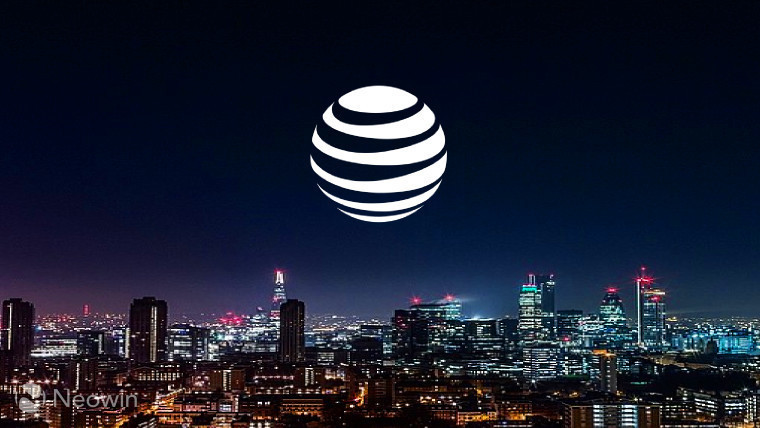
February 22 wasn’t the best day for U.S. telecom giant AT&T as its cellular network suffered a nationwide outage.
However, fixing the technical issue and sending credits to the affected customers was not the end of the story. This week, the Federal Communications Commission announced plans for a thorough investigation of the outage, The Street reported.
The technical difficulties affected millions of users per previous reports and prevented them from making calls, sending SMS, and using data services. What is worse, it also affected the ability to make emergency calls during the period of the outage.
The customers of mobile virtual network operators (MVNOs) that use AT&T’s cellular network were also affected.
For some subscribers, the problems with connectivity persisted for hours before AT&T fixed its network. The company subsequently offered an apology and a $5 credit to affected users as compensation.
“Our initial review of the cause of Thursday’s outage indicates it was due to the application and execution of an incorrect process used while working to expand our network,” explained the CEO of AT&T, John Stankey, in a letter to employees.
The company ruled out a possibility that the cause of the disruption was a cyberattack or that customers' data was compromised during the event.
Stankey admitted that it was not AT&T’s last outage, however, he is confident in the setup of response processes:
“This is not our first network outage, and it won’t be our last – unfortunately, it’s the reality of our business. What matters most is how we react, adapt, and improve to deliver the service our customers need and expect. Every AT&T customer deserves a connectivity experience they can feel confident in and that’s exactly what we’re going to deliver. While it is not unexpected to encounter challenges as we enhance and expand our network, we have processes and redundancies in place for a reason. We owe it to our customers and ourselves to do better, and I know that each and every one of you is committed to that goal.”
AT&T’s CEO clarified that the priority was to fix FirstNet, a nationwide wireless broadband network for first responders, followed by consumer services.















5 Comments - Add comment